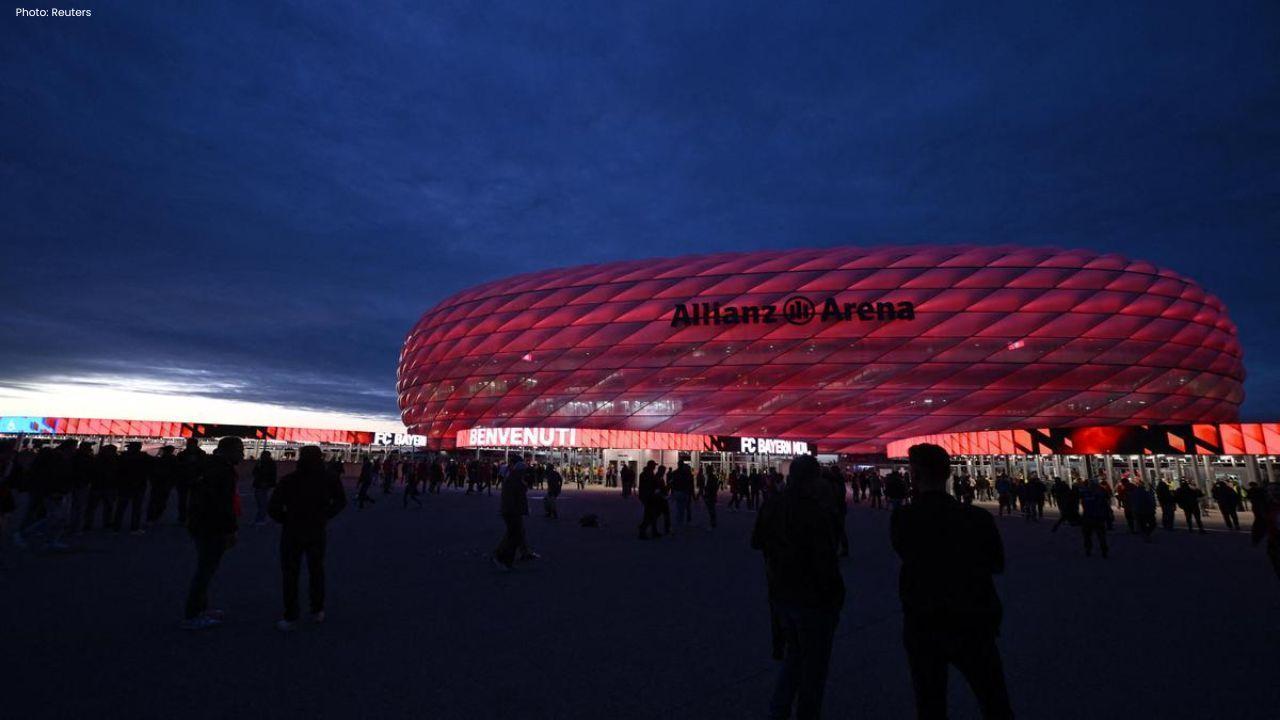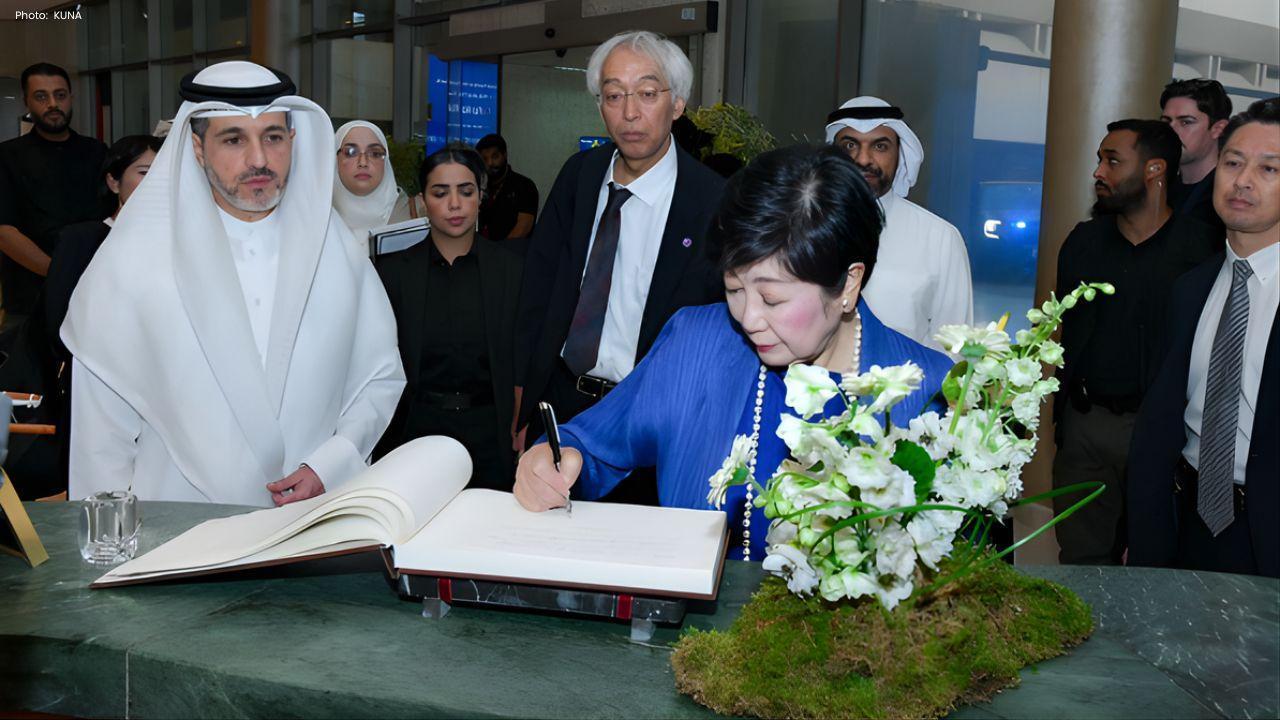
Post by : Anis Al-Rashid
Alcohol-free bars have increasingly appeared in urban centres, providing social venues that replicate the ambience of traditional bars while serving crafted mocktails, non-alcoholic spirits and curated sensory experiences.
This zero-proof trend reflects changing consumer choices. Many patrons now prioritise healthier routines, moderated drinking, and social settings that do not centre on alcohol, prompting entrepreneurs to redesign the bar model for a broader clientele.
What began as a niche offering is reaching mainstream audiences in cities around the world. From major Western and Asian hubs to Gulf metropolises, these venues attract a mix of health-oriented millennials, sober-curious visitors, designated drivers and others preferring alcohol-free options.
Rising public interest in health and wellness is a primary factor. Alcohol overconsumption is associated with various health risks, and many consumers now prefer beverages that deliver flavour without alcohol-related harms.
Mocktails and alcohol-free alternatives offer sensory satisfaction without the risks tied to alcohol. Producers increasingly add functional elements—adaptogens, vitamins and botanical extracts—to appeal to wellness-minded patrons.
The "sober curious" movement is reshaping drinking habits. People are choosing to cut back or abstain for reasons of health, productivity or personal clarity rather than clinical dependence.
Alcohol-free bars provide settings where social rituals and taste experiences remain intact but without alcohol, fitting this evolving lifestyle choice.
Zero-proof venues promote inclusivity by enabling people of all ages and preferences to take part in nightlife. As abstaining becomes more accepted, the stigma around non-drinking is easing.
Menus at these establishments tend to be diverse, featuring everything from sophisticated mocktails and fermented beverages to non-alcoholic beers, wines and spirit alternatives, ensuring parity with conventional bars.
Mocktails now use complex flavour layering rather than simple juice mixes. Mixologists combine herbs, spices, smoked elements and infused syrups to build depth and balance comparable to alcoholic cocktails.
Some recipes blend international ingredients—yuzu, turmeric, elderflower—with classic cocktail techniques to produce refined, alcohol-free signatures.
Visual presentation plays a central role. Thoughtful glassware, garnishes, smoke effects and colour layers turn drinks into memorable sensory experiences that perform well on social media.
Modern mocktails often include botanicals such as basil, hibiscus and rosemary, and functional additions like adaptogens or hydrating bases, marrying flavour with potential health benefits.
By combining taste and wellness, these drinks appeal to consumers seeking mindful, enjoyable alternatives to alcohol.
Non-alcoholic spirits have broadened zero-proof options, offering complex flavour profiles that let bartenders recreate classic cocktails without alcohol.
Brands producing premium alcohol-free gin, rum or whiskey alternatives allow bartenders to mimic familiar recipes and rituals, preserving social and sensory traditions.
Quality improvements in non-alcoholic beers and wines also provide richer choices, helping zero-proof patrons enjoy comparable variety and satisfaction.
Zero-proof bars are altering nightlife expectations. Socialising without alcohol is increasingly normal, and such venues decouple celebration from drinking.
People can attend events, live performances and curated nights without pressure to consume alcohol, supporting healthier, more inclusive social routines.
Alcohol-free choices are also spreading into corporate events, conferences and networking functions. Organisations increasingly include non-alcoholic options to improve attendee comfort and participation.
This trend ties into corporate wellness policies that emphasise responsible consumption and employee well-being.
Despite growth, challenges remain.
Perception: Some view alcohol-free venues as less exciting; overcoming that perception requires high-quality offerings and engaging atmospheres.
Pricing: Premium ingredients and skilled preparation can make zero-proof drinks costly; striking a balance between quality and affordability is essential.
Innovation Fatigue: As more venues open, maintaining novelty and standing out becomes harder, requiring continuous creativity.
Overall demand remains positive, supported by changing consumer preferences and broader societal trends.
Market observers expect continued expansion of alcohol-free venues, evolving mocktail recipes and functional beverage innovations.
Technology—such as digital menus, personalised recommendations and interactive services—may further enhance the zero-proof experience.
As health-conscious lifestyles become more prevalent, zero-proof bars are likely to remain a stable element of urban leisure, combining enjoyment, wellness and inclusivity.
Major cities are adapting the concept in different ways.
London: Venues emphasise botanical-driven mocktails and curated alcohol-free menus.
New York: Alcohol-free bars integrate live entertainment with artisan mocktail selections.
Singapore & Tokyo: Emphasis on wellness-led drinks using exotic botanicals and refined presentation.
Dubai & Los Angeles: Trendy, visually driven spaces that attract wellness-aware patrons and younger audiences.
These examples show the movement’s adaptability and global reach, highlighting both innovation and accessibility.
Choosing alcohol-free drinks delivers several health advantages:
Reduced Calorie Intake: Many mocktails and alcohol-free options contain fewer calories than traditional cocktails.
Better Sleep and Recovery: Avoiding alcohol can improve sleep quality and physical recovery.
Enhanced Mental Clarity: Limiting alcohol supports focus and emotional stability.
Improved Social Well-being: Inclusive venues encourage connection without relying on alcohol.
These benefits help explain the appeal of zero-proof options among health-conscious consumers.
The alcohol-free bar movement represents a shift in how people socialise. By combining inventive flavours, wellness-focused ingredients and inclusive settings, zero-proof venues offer alternatives to alcohol-centred nightlife.
More than abstention, the trend is about new social rituals and flavours that prioritise clarity, health and shared experiences. As interest grows, alcohol-free bars are likely to remain prominent features of contemporary urban life.
This article is informational and not professional medical advice. Readers should consult healthcare professionals about alcohol use and personal health decisions.










Munich To Host 2028 Final, Wembley And Camp Nou For 2029
UEFA confirms Munich will host the 2028 Champions League final, while Wembley and Camp Nou compete f

Indian Tennis Legend Rohan Bopanna Announces Retirement
Indian tennis star Rohan Bopanna retires at 45 after 20 years of success, with two Grand Slam titles

French Actor Tchéky Karyo Passes Away At Age 72
French actor Tchéky Karyo, known for Nikita and The Missing, dies at 72 after a battle with cancer,

New Zealand Beat England To Seal 3-0 ODI Series Sweep
New Zealand defeated England by two wickets in the third ODI at Wellington, sealing a 3-0 series swe

Dharmendra Admitted to Hospital After Breathing Issue
Veteran actor Dharmendra has been admitted to the ICU after facing breathing issues. His condition i

Hazlewood Stars As Australia Crush India In Second T20
Josh Hazlewood’s fiery 3-13 spell helped Australia bowl out India for 125 and chase the target easil